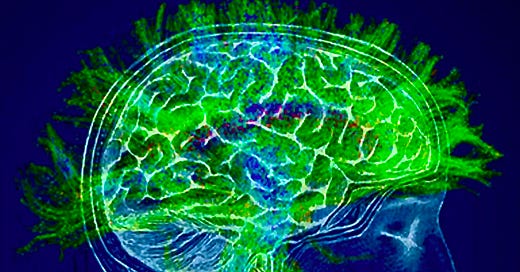“Remind me why you signed up for that senior citizen kickboxing class. I mean, you just turned twenty-six.”
“I told you, Bro. My doctor said, ‘Get regular exercise and fight Parkinson’s’.”
“Dude, I don’t think she meant that you should be fighting against pe…
Keep reading with a 7-day free trial
Subscribe to From Brain to Mind to keep reading this post and get 7 days of free access to the full post archives.



